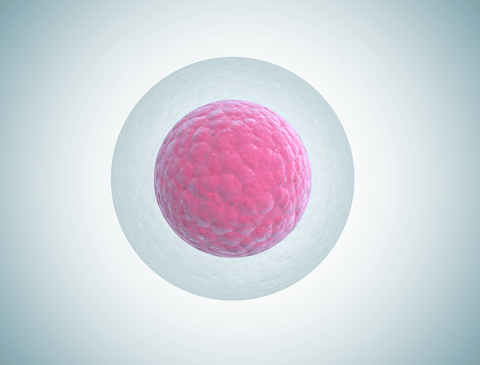With most treatment for osteoarthritis directed at pain control, the development of a therapy that can delay or reverse arthrtis-associated cartilage degeneration is exciting. The foundation of that solution may have just been uncovered by UK researchers who successfully produced cartilage from embryonic stem cells.
In study based at the University of Manchester, United Kingdom, Professor Sue Kimber and a team of life sciences faculty develop a laboratory protocol for transforming embryonic stem cells into chondrocytes (cartilage cells). Though development is in its early stages, Kimber notes that the work advances the possibility of treating cartilage damage by using embryonic stem cells to form new tissue.
Details about the study appear in Stem Cells Translational Medicine.
As part of the study, embryonic stem cells were implanted into cartilage defects in the knee joints of rats. Progress was tracked, and it was noted that after 4 weeks cartilage was partially repaired, and after 12 weeks a smooth surface, similar in appearance to normal cartilage, was observed. According to a media release from ScienceDaily, additional study of the newly regenerated cartilage demonstrated that cartilage cells from embryonic stem cells were still present and active within the tissue.
The protocol reportedly generated new cartilage with a healthy appearance, but more importantly, there were no signs of undesirable side-effects such as the growth of abnormal or disorganized joint tissue or tumors
Researchers expect to use the results from the protocol to create the information necessary to conduct a study among humans who are affected by arthritis.
A media release from ScienceDaily notes that the researchers believe the huge capacity embryonic stem cells have to proliferate—and be manipulated to form almost any type of mature cell—offers the possibility of high-volume production of cartilage cells. “Their use would also be cheaper and applicable to greater number of arthritis patients,” the researchers note.
[Source: ScienceDaily]




